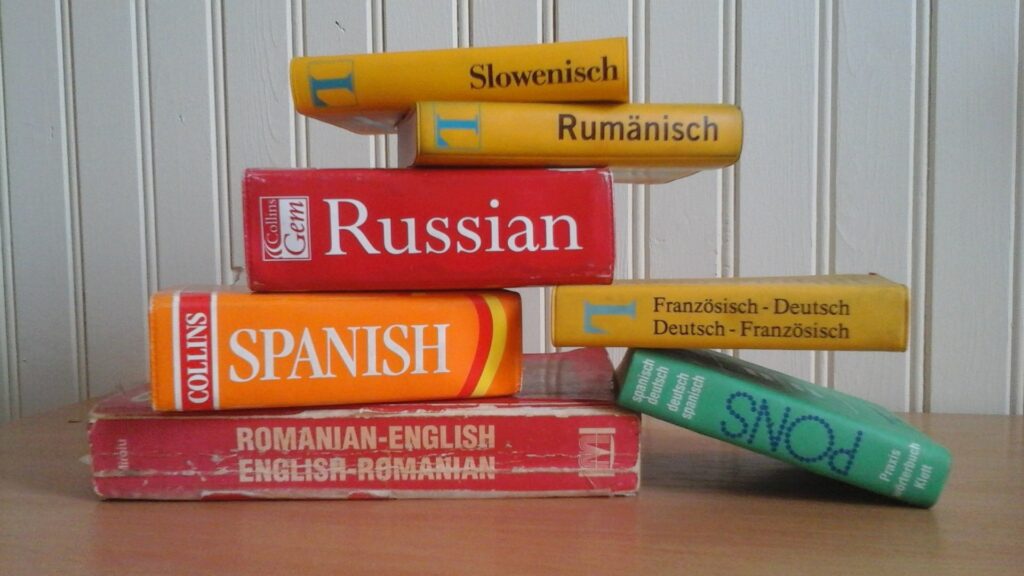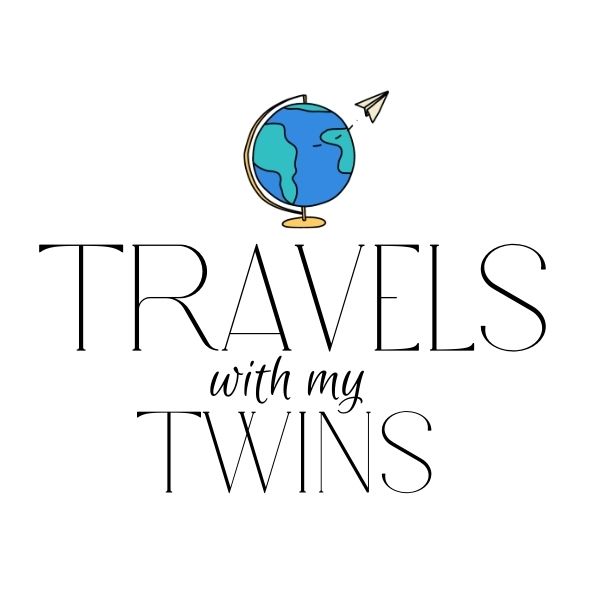
First: I will not tell you here how much of a language you need relative to the area you’re traveling to. Generally (VERY generally) speaking, the more urban an destination is (ex: Paris, Mexico City), the more English the general public will know, and conversely, if you’re traveling to the countryside, you are less likely to run into someone who speaks fluent English. Yes, Americans, even in those countries where “everyone learns English.”
You can still carry on a conversation with people who don’t speak your language!
Even if you are at a rural gas station in the middle of Portugal, and the person tells you ‘no’ when you ask if they speak English, that doesn’t have to be the end of the conversation. Charades are your friend! If you can come up with a clever way to mime your question, you may very well meet a person who can cleverly mime back to you your answer.
The Only FIVE Words You Really Need to Learn
- Yes
- No
- Hello
- Thank you
- Bathroom (practice saying with a desperate look on your face)
Bonus: 6. Excuse me (in order to pass by someone) – if you don’t learn this one, just practice a ‘humble’ pose as you begin squeezing by. As soon as the person notices you and moves, use the local “thank you” and a smile to get by.
Everything else is superfluous. You can absolutely learn more, but these five alone can be a big enough struggle sometimes (like if you’re in Slovenia lol). If even these five seem to be impossible (I’m looking at you, Hungarian!), find an index card and write them all down to keep in your pocket. When you write them down, write them down the way you will SAY them, not the way that some ancient masochist has decided it should be spelled.
I will forever hold firm in the belief that some languages’ central theme is that ‘someone tripped over the letter tiles and we were too lazy to pick them back up and organize them.’ Scholars allege that this word was created from that one, and that in ancient times, L was Q, etc. But I’m not buying it. And I won’t live long enough to learn it well.
But don’t I also want to be able to ask ‘Do you speak English?’
No. You already know how to say that: ‘Do you speak English?’ If the person starts speaking to you in English, the answer is yes. Anything else is an assumed ‘no.’

Feel Bad Because of Your Ignorance?
Don’t. You’re a parent. That means, at minimum, you already have 849 tasks on your daily list. ‘Learn fluent ______ so I can travel to ______.’ can be crossed off. Heck, even ‘Learn basics of _____ so I can travel to ______’ can also be crossed off.
Nonverbal communication is huge – and you will be using plenty of it.
I attempted to look up ‘how much of communication is nonverbal,’ but apparently that is quite controversial (who knew?). So I’ll say this instead: attitude is more important than most anything else when you travel. If you can approach a market stand, patiently wait until the customer in front of you is served, then step forward, point to the tomatoes and hold up the number 4, you will get exactly what you want. If you, conversely, walk up to the stand, carrying a grabby child, yelling directions over your shoulder at your husband, cut to the front, interrupt the current customer and ask loudly for tomatoes, you will not be as successful. Be polite. Be humble. And be patient.
Generally speaking, body language is body language. There is nowhere on earth where standing with your hands clasped in front of you with your head down means that you are excited. So, being polite, humble and patient will translate the same to another culture. People know when people are being rude. Give yourself grace, and be prepared to give others plenty too.
I love a good story, and communicating in foreign countries typically brings PLENTY of good stories! Please share yours below. And, as always, if you have any comments or questions, please leave them in the comment box below.
